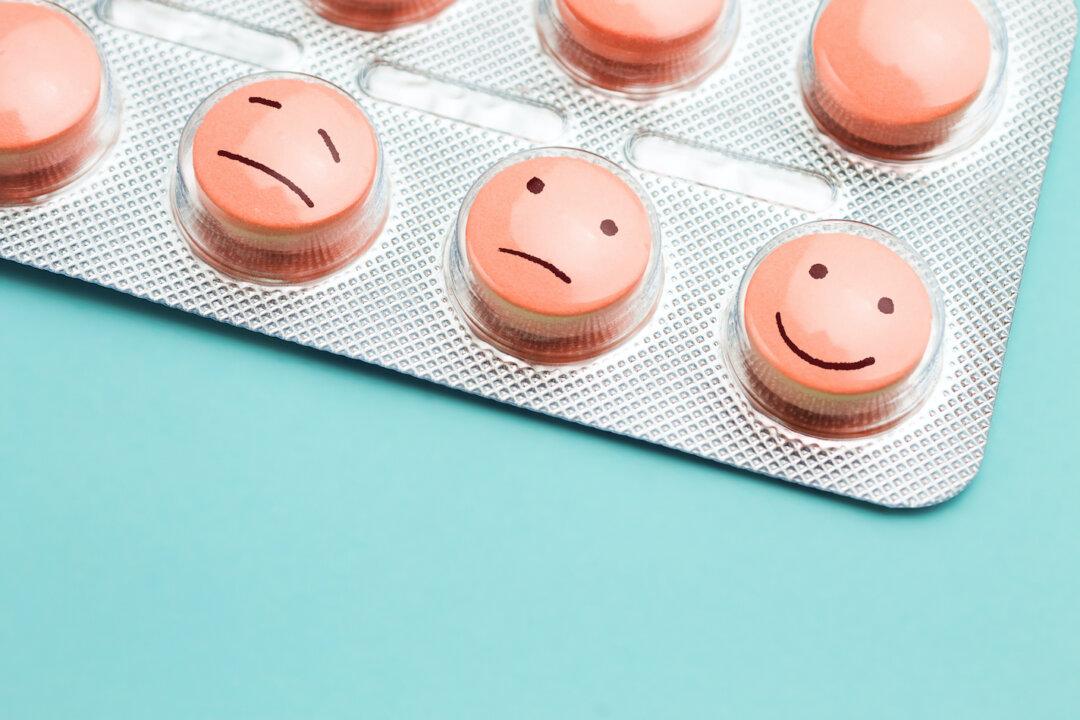Commentary
We have been trained to see bad feelings as disorders that treatment can cure. We are told that “the science” proves this, so it’s hard to question. A huge percentage of us are now convinced that we have a disorder.

We have been trained to see bad feelings as disorders that treatment can cure. We are told that “the science” proves this, so it’s hard to question. A huge percentage of us are now convinced that we have a disorder.